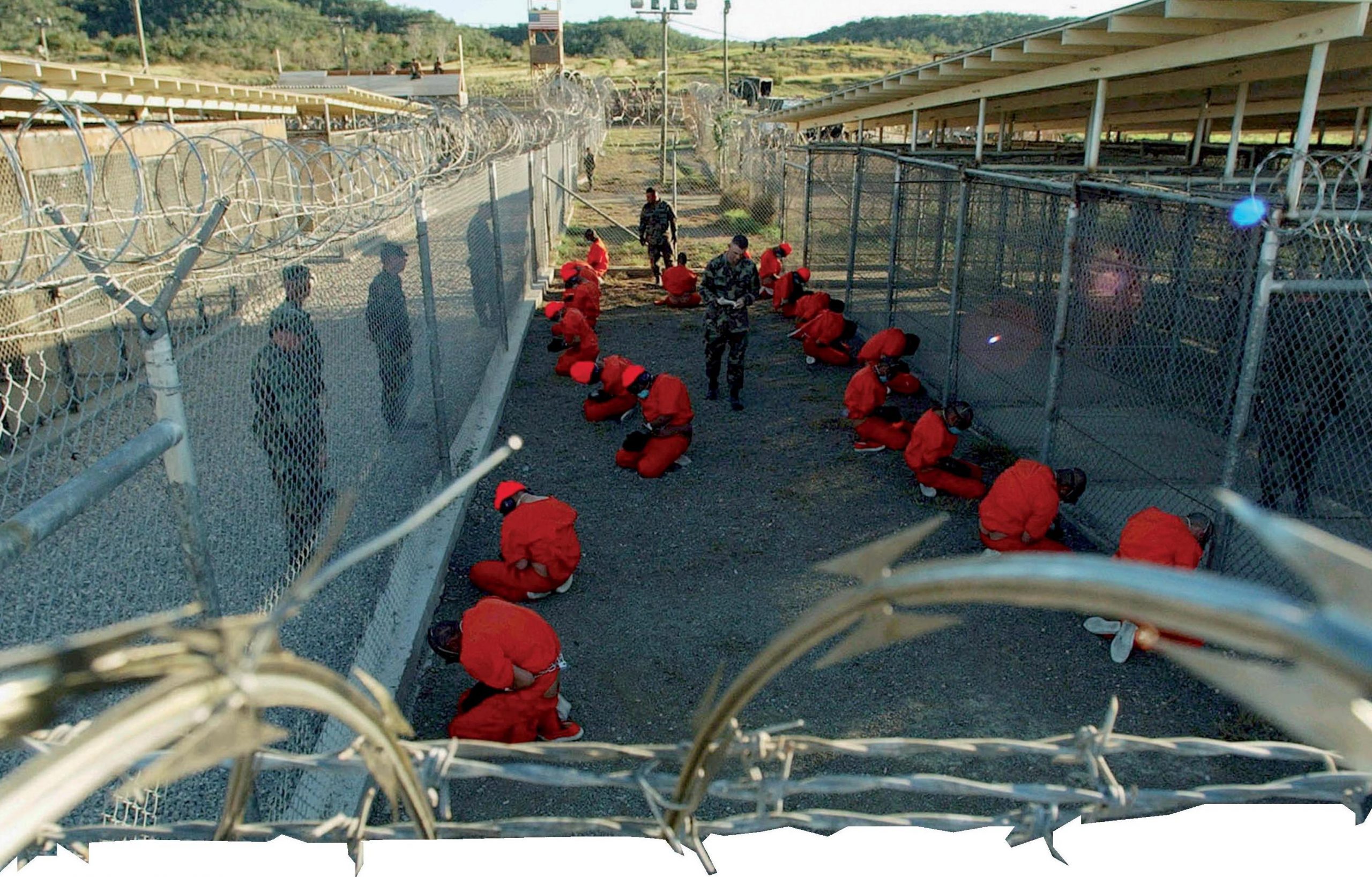
Ethics committees are the people who take the fun out of psychology. They won’t let you give participants electric shocks, or ask them embarrassing questions, or even go to the nearest shopping centre, cover yourself in ketchup and pretend to collapse. How dull can you get? They are the psychology equivalent of a health and safety committee. In fact, they are a health and safety committee and they usually err on the side of caution when making decisions.
Ethics are there for a reason and you’d think that they are so well documented and policed these days that there are no controversies left to be discussed. Well, you’d be wrong. And the reason you’d be wrong is because our view about what is ethically right and wrong is constantly evolving and not everybody agrees on the issues. Some of the biggest disagreements appear when psychologists move out of the laboratory and start practising their psychology in the real world. In this article we are going to talk about the use of psychology by the armed forces. Already you’ll be able to predict what some of the problems are.
Your organisation does not have access to this article.
Sign up today to give your students the edge they need to achieve their best grades with subject expertise
Subscribe




